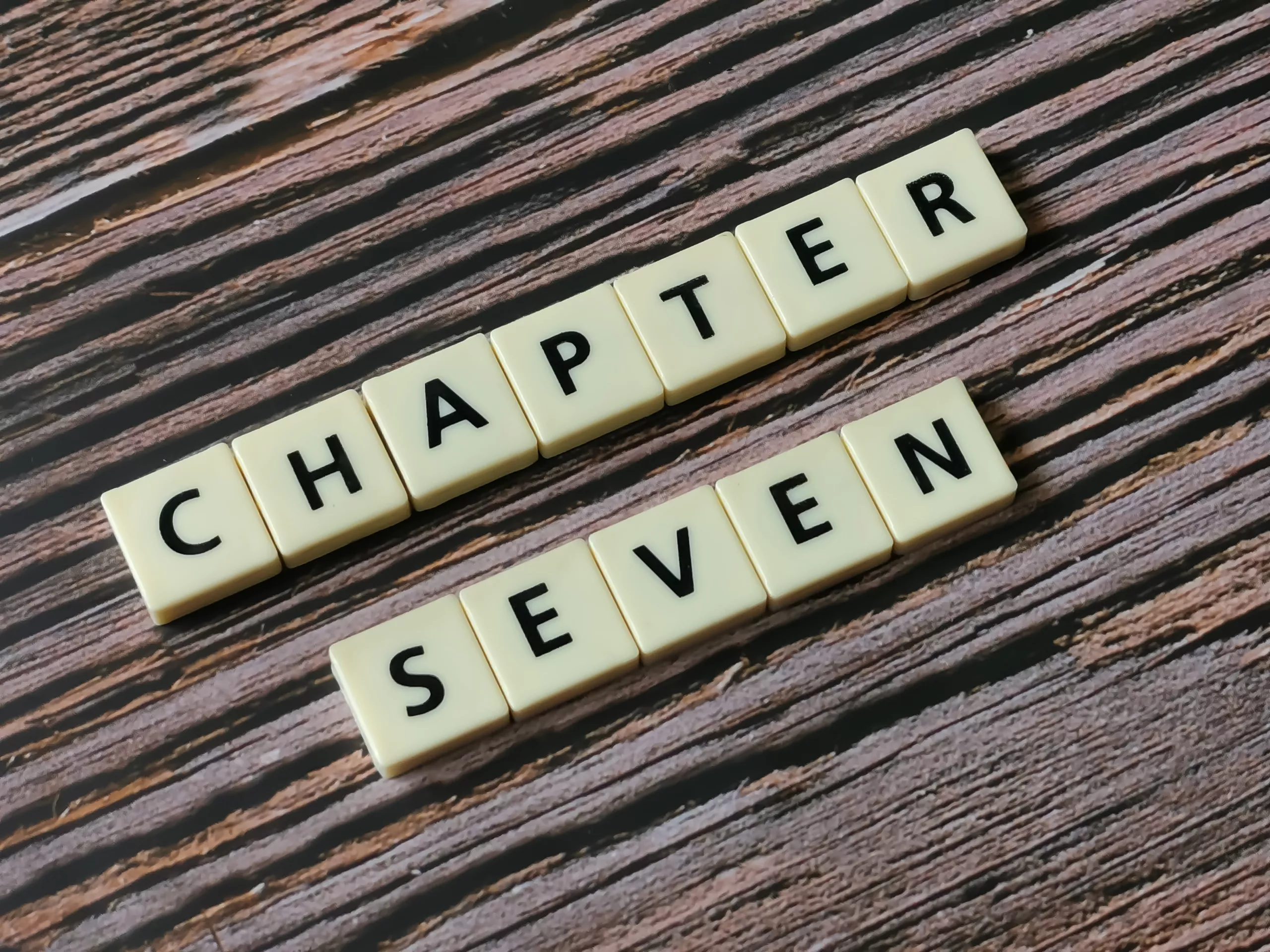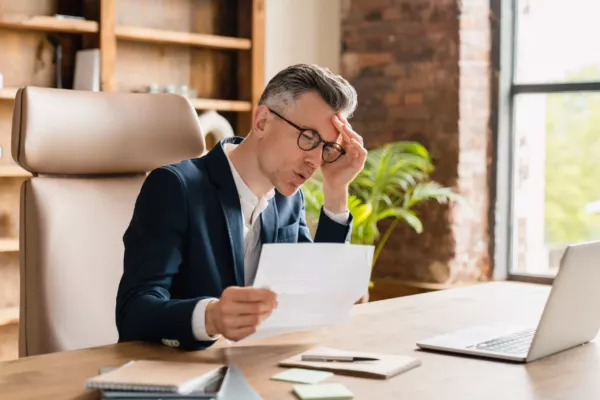When you file for bankruptcy, the court imposes an automatic stay. This part of bankruptcy law protects consumers from collection attempts while they go through the bankruptcy process. It also applies to the vast majority of creditors. As soon as an individual files for bankruptcy, the automatic stay goes into effect. It prevents individual creditors and companies from continuing collection attempts against a debtor.
How It Protects You
For those in substantial financial trouble prior to bankruptcy, the automatic stay can be a huge relief. Creditors cannot start or continue court proceedings against a debtor once the stay is in place. Nor can they create or enforce a lien against their property, or repossess collateral. If a creditor violates any part of the automatic stay, you may be able sue them and seek damages.
The automatic stay assumes good faith on the part of the debtor. If a consumer is unable to pay their debt, it doesn’t make sense to have them continue to make payments during bankruptcy. The automatic stay assumes that the bankruptcy will be successful. It allows the debtor to begin using their money to cover other expenses.
Additionally, the automatic stay helps creditors. Without the automatic stay, creditors could find out that a debtor was filing bankruptcy and try to seize their assets before other creditors could make their claims. With the automatic stay, any assets that can be seized for debt payments are distributed fairly across all creditors.
How Long It Lasts
The stay begins as soon as you file bankruptcy. It continues until the bankruptcy is granted and the debts are discharged, or until the case is dismissed. In the event that your bankruptcy case is dismissed, you must resume making payments.
Exceptions
Certain proceedings are not stopped by an automatic stay. If your landlord has already secured a judgment of possession, they can continue the eviction process. Domestic support, including child support, continues during the automatic stay. Criminal prosecutions are also not part of an automatic stay. For example, if you are convicted of fraud and are required to pay a fine, you must still pay the fine.
Additionally, creditors can request that the stay be lifted. These requests are typically only granted in situations where the debtor is behind on payments on a secured debt. Examples of secured debt, such as a car loan or mortgage.
Bankruptcy could be your opportunity to start over and change your financial future. Learn more about your options by contacting Lucid Law at 908-738-8245.


